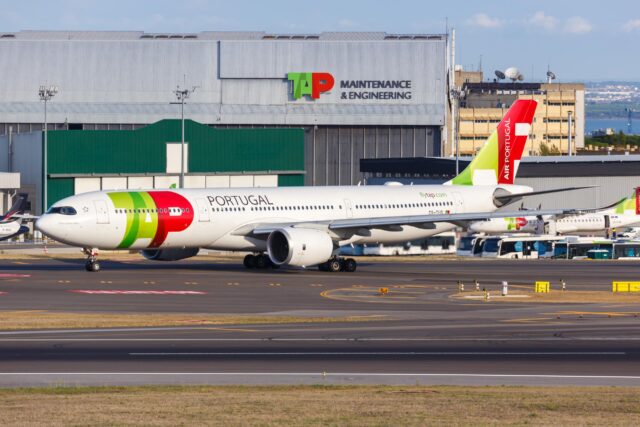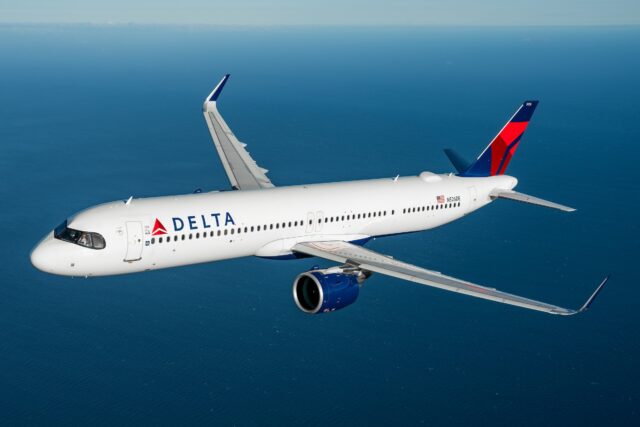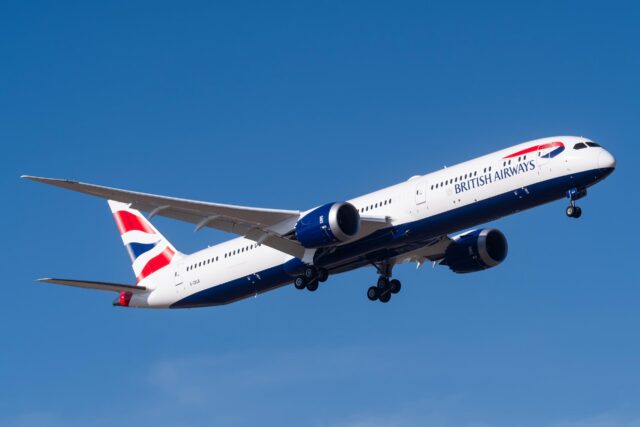Complicated, complex and costly: Why IATA’s Kamil Al-Awadhi wouldn’t start an airline in Africa

September 13, 2025

While Africa is home to one of the world’s fastest-growing aviation markets, local governments are holding it back from achieving its full potential, says Kamil Al-Awadhi, regional president Africa and the Middle East for the International Air Transport Association (IATA).
IATA slams Africa’s sky-high costs
Bringing a sharper focus to one of the industry’s biggest obstacles during this year’s Aviation Africa 2025 Summit and Exhibition on 4 September in the Rwandan capital of Kigali, Al-Awadhi said: “Governments in Africa are very disconnected from the aviation industry.”
It’s a different story, he said, when governments want to ask for money. “That’s when they’ll get involved. When they want to add charges, fees, taxes and levies.”

To make matters worse, he added, “the charges I have seen in some African countries can be 20 times more expensive than anywhere else.”
Carriers in Africa, he said, make just $1 on average per seat, versus double-digit profits in other markets. Between 60-70% of every ticket in Africa goes towards taxes, charges and levies.
African airlines are not a cash cow
Adding to this misconception that aviation is ready to be exploited solely for profit, he emphasised that this is the reason many airlines in Africa are struggling to survive.
“Governments need to understand aviation before they start making these decisions, and before they start thinking that just hiking up prices for everything is their prerogative.”
Reiterating that high costs alongside fragmentation and underdeveloped infrastructure are constraining the market, Al-Awadhi stressed that “aviation in Africa is costly, complex and complicated.” He also stated, “I wouldn’t start an airline in Africa; I would have more chances of success in Afghanistan.
“Whether it’s visa policy, airport investment or regulatory reform, the choices being made now will shape the future of aviation in Africa.”
IATA and AFRAA call for greater government collaboration
While African airlines and industry associations, such as IATA and the African Airlines Association (AFRAA), have been campaigning against high fees and taxes for the last four years, Al-Awadhi emphasised that they cannot do it alone. “Governments need to engage, and they need to understand the impact their decisions have.
“A quick let’s make some money by applying new taxes this year will eventually damage Africa’s airline industry down the road.”

Describing these arbitrary charges as “short-sighted”, he underlined that a nominal $5 charge from the government on a passenger fare could have a much deeper, detrimental impact. “An airline could end up losing hundreds of passengers a week as a result of that charge. But those passengers would have spent a significant amount more than that once on the ground.”
Reinvesting in Africa’s aviation sector
Al-Awadhi also stated that where charges are applied, any funds generated must be reinvested into the country’s aviation infrastructure and the wider aviation ecosystem.
In addition to the high charges, Al-Awadhi also slammed African governments for having “some of the worst runways, the worst airports and the worst air navigation services” in the world.
These issues, he said, have to be addressed. “Governments need to engage with and support the aviation industry as a driver of economic growth and social improvement, not simply see it as a cash cow to generate revenue.”
Rwanda commended for supporting aviation as a long-term strategic sector
While Al-Awadhi didn’t hold back in his rhetoric against African governments, one country that was hailed as a beacon for the continent’s aviation sector was the summit’s host country, Rwanda.
Its government, led by President Paul Kagame, who delivered a keynote when officially opening the summit, was commended for recognising aviation as a long-term strategic sector.

Rwanda has invested around US$2 billion in airport infrastructure and a further $28 billion to train pilots, technicians and other skilled workers in the sector. It has also been dedicated to meeting IATA benchmarks and has opened its borders by implementing visas for all on arrival and e-visas.
With Kigali’s International Airport welcoming over 2.3 million passengers and 16,000 tonnes of cargo annually, it was also highlighted as adding $160 million to the economy and supporting over 42,000 jobs in the country.
















